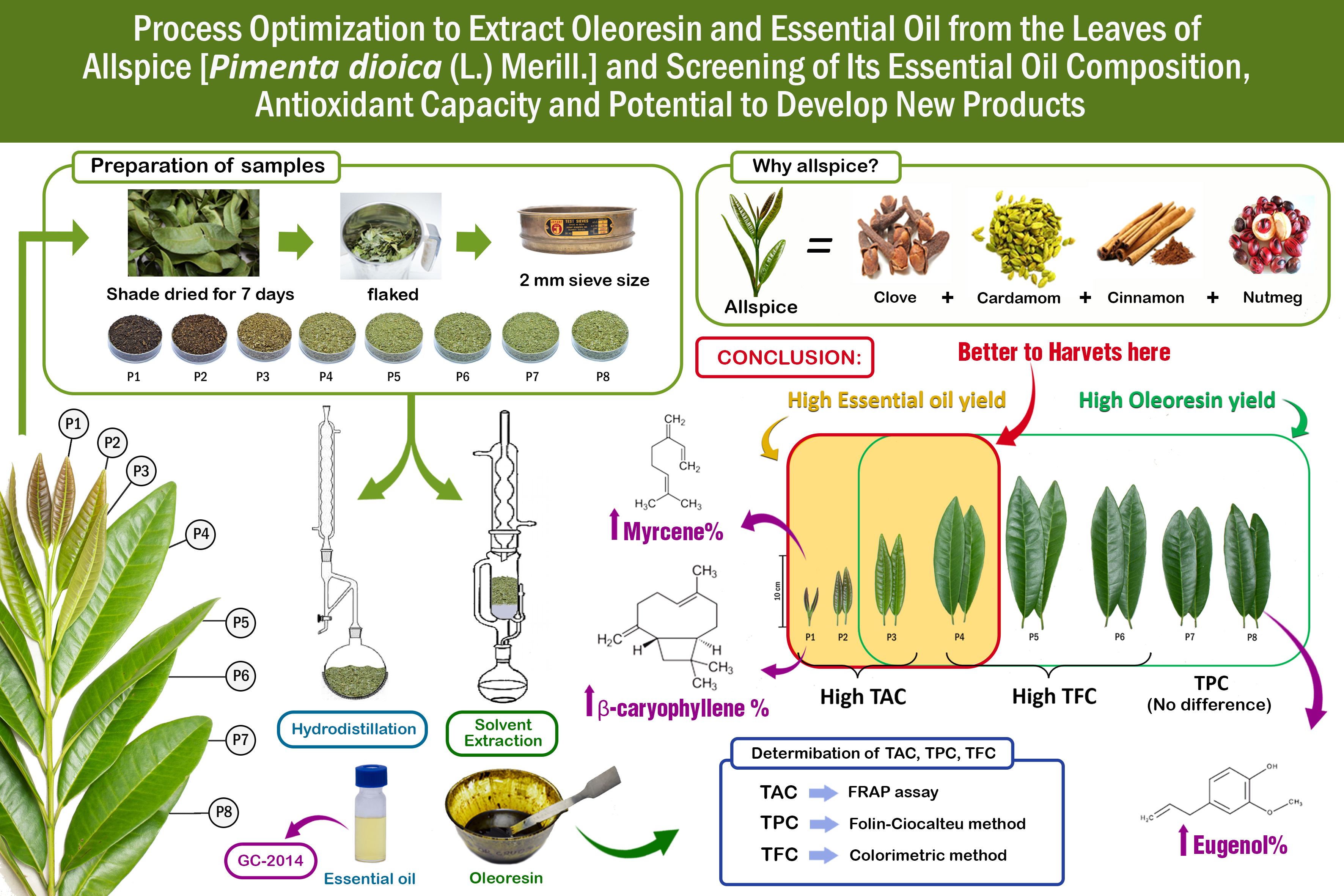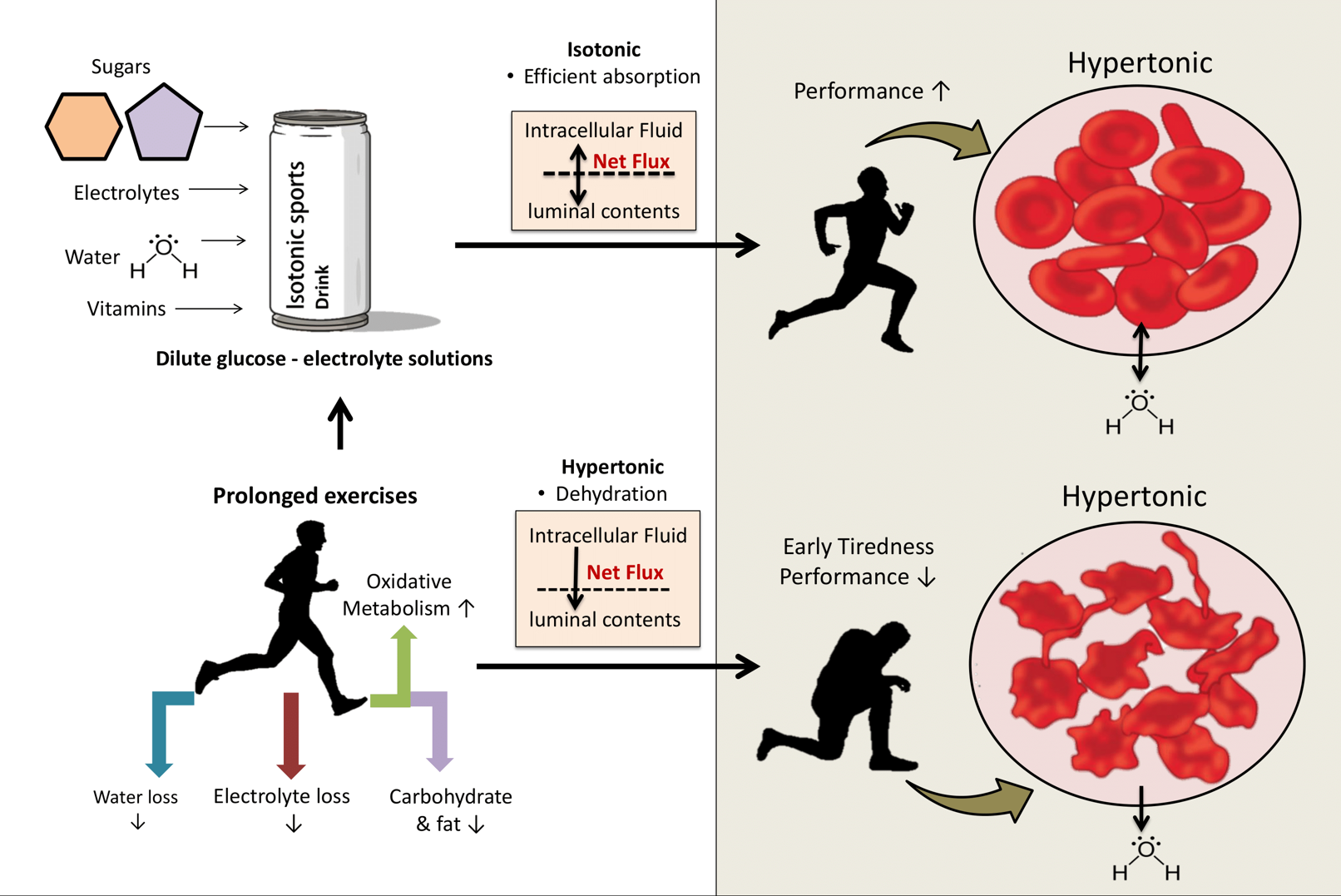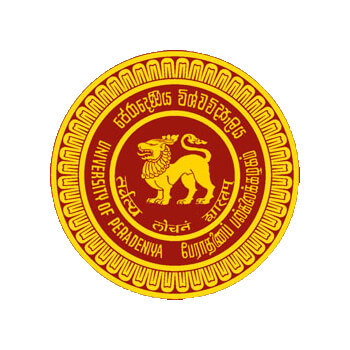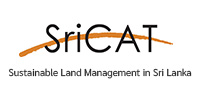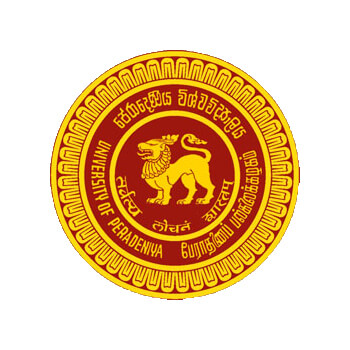
N.H.M.V.N Senevirathne
Antiglycation Properties of Aqueous Extracts from Selected Plant Species: An In vitro Study
Duration
4 months
Funding Agency
-
Leader
Prof. B. E. P. Mendis
Investigators
-
Diabetes mellitus is a heterogeneous metabolic disorder that is characterized by hyperglycemia. It leads to various other health complications as cataract, atherosclerosis, neuropathy, nephropathy, retinopathy and many more. Recently it has been found out that the biochemical process of ‘Glycation’ as a prime suspect for occurrence of various non communicable diseases including chronic diabtes complications.. Glycation is a complex series of non-enzymatic reactions that begins as a reaction between reducing sugars and free amine groups. Ultimately it produces an end product known as Advanced Glycation End Products. (AGEs) These Ages has the ability to induce cross link among body proteins and deform their structure and function. They also alter cell signaling pathways and tend to produce excessive amount of free radicals in the body.
In a diabetic patient due to chronic hyperglycemia, glycation occurs at higher rates resulting in chronic diabetic complications. Hence through the control of glycation, the morbidity and mortality rate of diabetic patients can be reduced. Nevertheless, glycation reducing or glycation prevention agents known as “anti-glycation agents” have not been successfully identified to be used in human medicine. Yet in recent researches certain plant species have been identified to possess anti-glycation properties that may be succeed in using human medicine as well.
In this research with the objective of identifying potentially safe natural sources of Sri Lankan sources with glycation inhibition properties, lemongrass (Cymbopogon citratus) whole plant, turmeric (Curcuma longa) rhizome, Ceylon cinnamon (Cinnamomum zeylanicum) bark, piperine 95, a pure extract from Piper nigrum and ginger (Zingiber Officinale) rhizome were studied for over a month using a pre established anti-glycation assay method.
